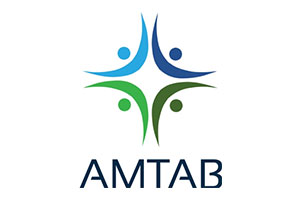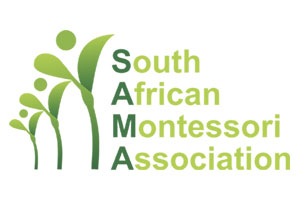FAQs
Here to Help
Frequently Asked Questions
What courses does Headstart Montessori Teacher Training College offer?
Headstart offers three accredited courses
1. Diploma in Early Childhood Development and Pre-Primary Teaching (Level 5) (Montessori Specialisation)
2. Montessori Early Childhood Development and Pre-Primary Teaching Diploma (Level 6)
3. Diploma in Primary Teaching (Level 6) (Montessori Specialisation)
Is Headstart only a training facility or is it a school as well?
Is there some general information about Headstart that I can download?
Our Headstart College Student Handbook 2024 provides a lot of important information.
Where did Montessori come from?
What special training do Montessori teachers have?
Is Montessori good for children with learning disabilities? What about gifted children?
How do I find Montessori schools in my area?
How many Montessori schools are there?
Why does Montessori have multi-age classrooms?
Multi-age classrooms afford us the luxury of adapting the curriculum to the individual child. Each child can work at his or her own pace, while remaining in community with his or her peers. In addition, the multi-age format allows all older children to be the leaders of the classroom community – even those children who may be shy or quiet.
The schedule – The three-hour work period
Under the age of six, there are one or two 3-hour, uninterrupted, work periods each day, not broken up by required group lessons. Older children schedule meetings or study groups with each other and the teacher when necessary. Adults and children respect concentration and do not interrupt someone who is busy at a task. Groups form spontaneously or are arranged ahead by special appointment. They almost never take precedence over self-selected work.
Note: For more information on the “three-hour work period” see the chapter “My Contribution to Experimental Science” from The Advanced Montessori Method, Volume I, by Dr. Maria Montessori.
Multiage grouping
Children are grouped in mixed ages and abilities in three to six year spans: 0-3, 3-6, 6-12 (sometimes temporarily 6-9 and 9-12), 12-15, 15-18. There is constant interaction, problem solving, child-to-child teaching, and socialisation. Children are challenged according to their ability and never bored.
Work centers
The environment is arranged according to subject area, and children are always free to move around the room instead of staying at desks. There is no limit to how long a child can work with a piece of material. At any one time in a day all subjects – math, language, science, history, geography, art, music, etc., will be being studied, at all levels.
Teaching method – “Teach by teaching, not by correcting”
There are no papers turned back with red marks and corrections. Instead the child’s effort and work is respected as it is. The teacher, through extensive observation and record-keeping, plans individual projects to enable each child to learn what he needs in order to improve.
Who accredits or oversees Montessori schools?
No one body can accredit the Montessori element of schools, but there are state requirements for schools in general. There are several Montessori organisations to which schools can belong. In Namibia schools can accredit to the South African Montessori Association and The Montessori Professions Council. Parents considering placing a child in a Montessori school should ask about the school’s affiliation(s).
Parents must carefully research, and observe a classroom in operation, in order to choose a real Montessori school for their child.
Are Montessori schools religious?
Is Montessori a franchise? Who can open a Montessori school?
The term Montessori is not trademarked and anyone, regardless of training, experience or affiliation can open a “Montessori” school. It is essential that parents researching Montessori act as good consumers to ensure the authenticity of their chosen program.
Are Montessori children successful later in life?
Research studies show that Montessori children are well prepared for later life academically, socially, and emotionally. In addition to scoring well on standardised tests, Montessori children are ranked above average on such criteria as following directions, turning in work on time, listening attentively, using basic skills, showing responsibility, asking provocative questions, showing enthusiasm for learning, and adapting to new situations.
Google founders Larry Page and Sergey Brin and Amazon.com founder Jeff Bezos were Montessori educated.


